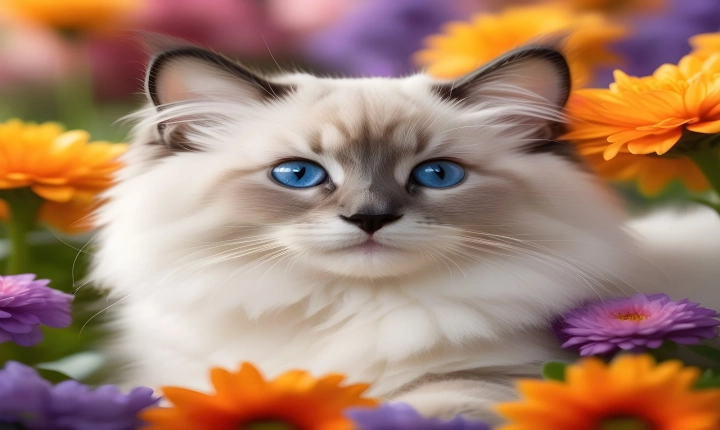Title: Can AI Make Photos That Rival Human Creativity?
The rapid advancement of artificial intelligence (AI) has sparked a wave of innovation in various fields, including photography. With the advent of AI-powered tools and software, the ability of machines to create images that rival human creativity is becoming increasingly feasible. The question remains: can AI truly make photos that match the ingenuity and emotional depth of those created by human photographers?
AI has already made significant strides in the realm of image generation. Generative Adversarial Networks (GANs), a type of AI algorithm, have been used to produce remarkably realistic and visually appealing images. These systems can learn from vast datasets of existing photographs and generate new images that exhibit a stunning level of detail and realism.
One of the most significant achievements in AI-generated imagery came in 2018 with the introduction of NVIDIA’s StyleGAN. This AI system demonstrated an unprecedented ability to generate high-resolution, photorealistic images of human faces. The generated faces displayed a remarkable diversity and lifelike quality, challenging the notion that AI-generated images are inherently devoid of emotional or creative expression.
In addition to image generation, AI has also been integrated into photo editing tools to enhance and manipulate images. Technologies such as Adobe’s Sensei and AI-powered filters in smartphone cameras have made it easier than ever to produce stunning photographs with minimal effort.
However, the prospect of AI-created photos raises important questions about the nature of creativity and the role of human intuition and emotion in artistic expression. While AI can replicate the technical aspects of photography, such as composition, lighting, and color balance, it may struggle to capture the depth of emotion and personal vision that human photographers bring to their work.
The subjective nature of art and the inherent complexities of human emotions present a significant challenge for AI systems. While they can analyze and imitate patterns and styles, the ability to infuse images with genuine emotion, meaning, and creativity remains elusive for AI.
Moreover, ethical concerns surrounding the authenticity and ownership of AI-generated images also come to the forefront. As AI systems become more adept at creating images that are indistinguishable from those produced by humans, the lines between originality, authorship, and intellectual property become increasingly blurred.
Despite these challenges, there is potential for AI to complement and inspire human creativity in photography. By automating repetitive tasks and facilitating image enhancement, AI tools can empower photographers to focus on the more imaginative and emotional aspects of their work. AI-generated images can also serve as a source of inspiration and a catalyst for new ideas, pushing the boundaries of traditional photography.
In conclusion, the capabilities of AI in generating photographs have evolved significantly, with the potential to produce images that are strikingly realistic and visually compelling. While AI may never fully capture the essence of human creativity and intuition, it has the potential to transform the way photography is practiced and perceived. As AI continues to advance, the integration of human and machine creativity in photography holds promise for a future where innovation and artistic expression converge in new and exciting ways.
